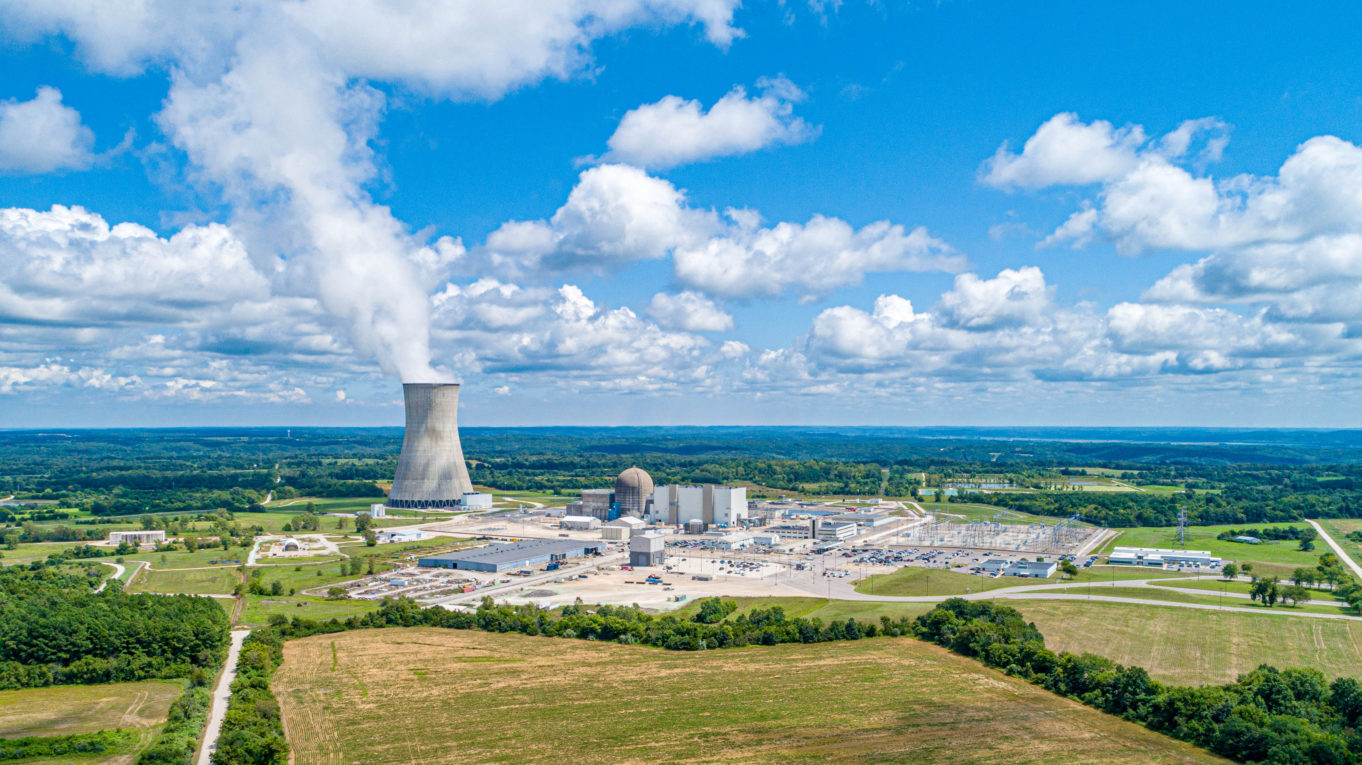FOR IMMEDIATE RELEASE
August 28, 2018
Contact:
Jessica Azulay, Alliance for a Green Economy
917-697-4472, jessica@allianceforagreeneconomy.org
Western New York Solar Projects on the Line – Renewable Energy Advocates Hold Press Conferences Across New York Calling on Governor Cuomo to Save Community Solar
 Buffalo, New York – Today, renewable energy advocates in Buffalo joined members of the solar industry and New Yorkers from across the state to call on Governor Andrew Cuomo to save community solar in New York by restoring the option of net metering, the state’s previous policy for valuing solar power. Press conferences were also held today in Long Island, New York City, Central New York, Southern Tier, and Hudson Valley to tell Cuomo to #SaveOurSolar and #BringBackNetMetering.
Buffalo, New York – Today, renewable energy advocates in Buffalo joined members of the solar industry and New Yorkers from across the state to call on Governor Andrew Cuomo to save community solar in New York by restoring the option of net metering, the state’s previous policy for valuing solar power. Press conferences were also held today in Long Island, New York City, Central New York, Southern Tier, and Hudson Valley to tell Cuomo to #SaveOurSolar and #BringBackNetMetering.
The press conferences discussed solar projects that may never be built to due to a complex, flawed policy for valuing renewable energy that Governor Cuomo’s Public Service Commission created to replace net metering. The policy called VDER (or the Value of Distributed Energy Resources) was implemented in 2017, and since then, the growth of community solar has been stifled. Top solar developers estimate that over 800 million dollars worth of solar investment has been lost in New York because of VDER.
“With Governor Cuomo’s mandate to have 50% of New York State’s energy come from renewable energy sources by 2030, a compensation mechanism fairer and less complicated than the Value of Distributed Energy Resources (VDER) is needed to move the ball closer to the goal line, Michael Francis, General Manager at BlueRock Solar said in a statement that was read at the press conference. “Community solar offers many customers, who have previously been unable to have access to solar energy, the opportunity to benefit from renewable energy. New York State started to see some community solar development under net metering as investors and developers of community solar projects felt more confident in moving projects forward. The previous momentum seen in community solar has come to a grinding halt in many areas as a result of VDER.”
Francis continued, “We know that net metering works. Projects can continue to be developed, built, and interconnected under the net metering policy, and therefore New York State should restore the net metering option. That will give time for the Public Service Commission to learn from the mistakes of VDER Phase One and work towards a fairer and less complicated valuation mechanism under VDER Phase Two.”
As more and more people in the United States choose solar energy and challenge the control over energy supply and prices enjoyed by monopoly utility companies, corporate utilities have been fighting back to hamper the ability of individuals and communities to go solar. A major utility strategy has been to challenge net metering rules which require utilities to allow people who adopt solar energy to sell their extra energy back to the grid and receive credits on their electricity bill. In New York, where community solar permits households, businesses and municipalities to band together to build shared projects that serve multiple utility customers from a large solar array located somewhere in the community, utilities grew increasingly concerned about losing revenue and successfully imposed a utility-centric VDER policy that is limiting community solar across the state.
“We are facing sea level rise, catastrophic storms, increased ranges of organisms that cause disease in humans, trees and crops, desertification, massive parts of our planet becoming uninhabitable, and mass extinction of species. To keep these harms as controlled as possible, we need to be completely focused on ending fossil fuel mining, transport and combustion,” said Ellen C. Banks, Sierra Club Niagara Group Climate and Energy Chair. “For these reasons the Sierra Club in New York State calls for, at minimum, a three-year moratorium in the implementation of any form of VDER, as proposed in the past legislative session but not given a vote, so that fair compensation continues to be available for communities that are taking the lead to a clean energy future.”
Communities are speaking out. After mounting public pressure from energy democracy advocates and solar companies, Governor Cuomo’s Public Service Commission recently admitted there’s a problem with VDER and released two white papers with suggested changes. But advocates say the changes are too complex, are being implemented too slowly, and don’t go far enough to fix the problem. The VDER policy currently benefits corporate utilities and makes it nearly impossible for working class communities and communities of color to access solar power.
Andra Leimanis, Director of Communications at Alliance for a Green Economy, said: “Losing all these solar projects as a direct result of the VDER policy is extremely painful. The suffering comes in the form of local investment not realized, solar jobs not created, and the absence of opportunities for customers to gain control over their energy supply, lower their bills, and address climate change.”
Charley Bowman, environmental justice task force chair for the Western New York Peace Center, said: “Climate expert, Nobel Prize-winning Dr. Michael Mann says we are wandering in a minefield where the many hidden mines represent climate change tipping points. If we step on one of those mines, nothing can be done to reverse climate change. NY State’s renewable energy policy is currently promoting the wandering, and if the VDER policy is not revoked, NY State will be doing its part to foster running through the climate change minefield. VDER has to be stopped.”
#####

